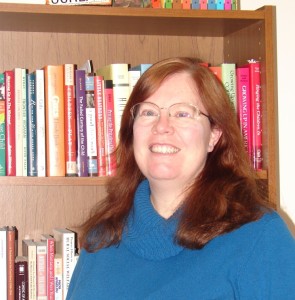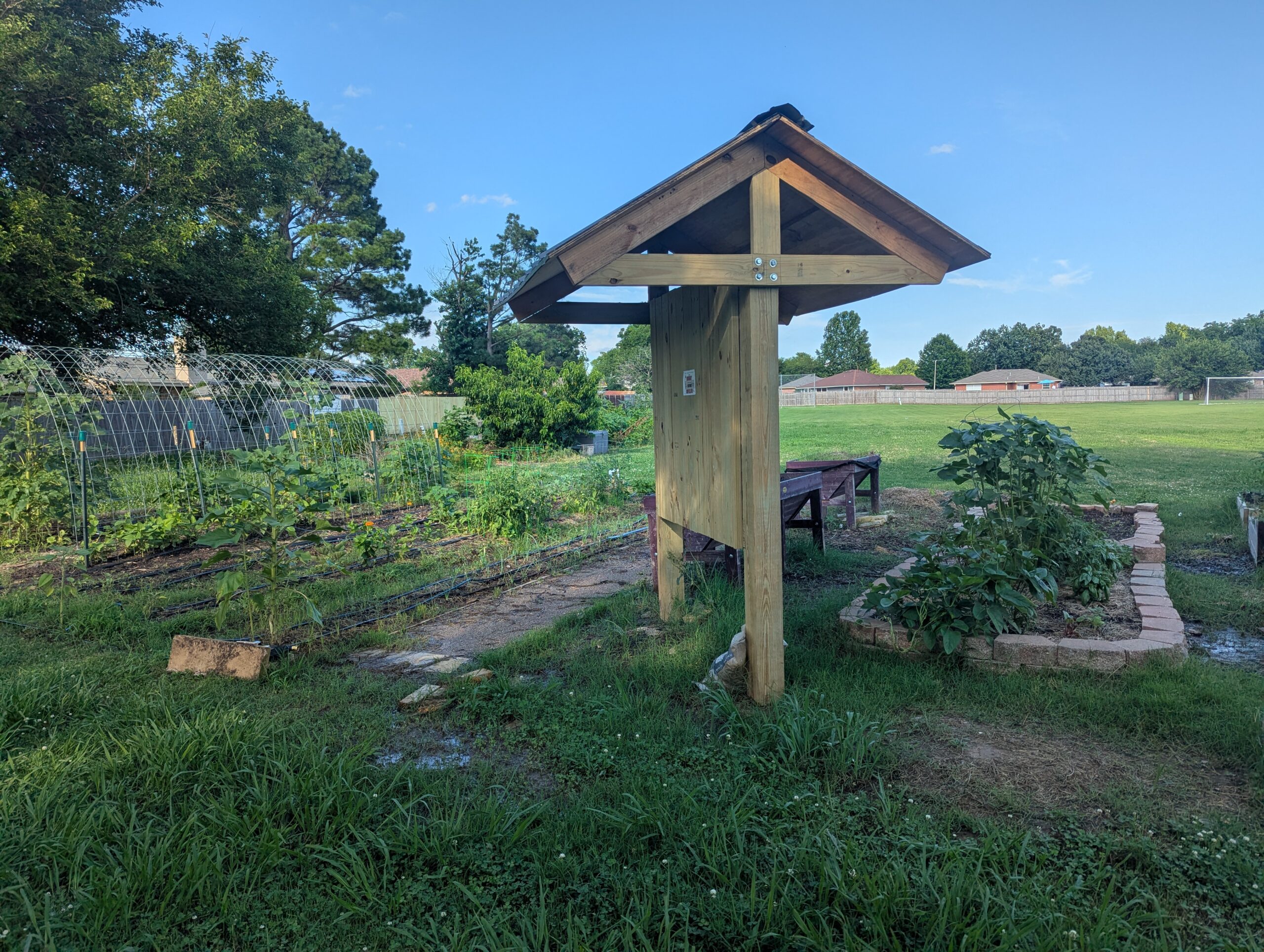AHA members are involved in all fields of history, with wide-ranging specializations, interests, and areas of employment. To recognize our talented and eclectic membership, AHA Today features a regular AHA Member Spotlight series.
 Pamela Riney-Kehrberg is a professor and the chair of the department of history at Iowa State University. She lives in Ames, Iowa, and has been a member since 2011.
Pamela Riney-Kehrberg is a professor and the chair of the department of history at Iowa State University. She lives in Ames, Iowa, and has been a member since 2011.
Alma maters: BA, Colorado College; MA and PhD, University of Wisconsin-Madison
Fields of interest: I am broadly interested in the rural and agricultural history of the United States, as well as the history of childhood and the family.
When did you first develop an interest in history?
I first became interested in history as a child. My family was full of great storytellers, and I spent a lot of time at my grandmother’s kitchen table, listening to family lore. I also became interested by way of Laura Ingalls Wilder’s Little House books. They were my favorites, and sparked an intense interest in frontier history.
What projects are you working on currently?
I am currently editing Routledge’s History of Rural America, which involves work with 24 different authors. I am also contemplating a new project on the history of small towns in Iowa in the 20th century—although I am unsure of the exact direction of that project.
Have your interests changed since graduate school? If so, how?
In graduate school, I would have defined myself as a historian of the American West. Over time, I figured out that my bigger interest was in rural and agricultural populations, particularly in the Midwest and on the Great Plains. I also have written two books on the history of childhood, something I didn’t even know was possible as a graduate student.
Is there an article, book, movie, blog, etc. that you could recommend to fellow AHA members?
There are so many! Right now, one of the books that really piques my interest is by a rural sociologist, Robert Wuthnow. His book, Remaking the Heartland: Middle America since the 1950s, is packed with food for thought about midwestern development, particularly in small towns, in the last half of the 20th century. As an accompaniment, people should read his follow-up book, Small Town America: Finding Community, Shaping the Future.
What do you value most about the history profession?
I have enjoyed great freedom to follow my ideas and to let my interests evolve over time. I don’t study precisely the same things as I did 25 years ago, and following the twists and turns of my research has been enormous fun. History is fun.
Why did you join the AHA?
I have joined and re-joined a number of times over the years—this time, to participate in a fellowship committee.
Other than history, what are you passionate about?
My husband, my son, and living in Iowa!
This post first appeared on AHA Today.
This work is licensed under a Creative Commons Attribution-NonCommercial-NoDerivatives 4.0 International License. Attribution must provide author name, article title, Perspectives on History, date of publication, and a link to this page. This license applies only to the article, not to text or images used here by permission.



